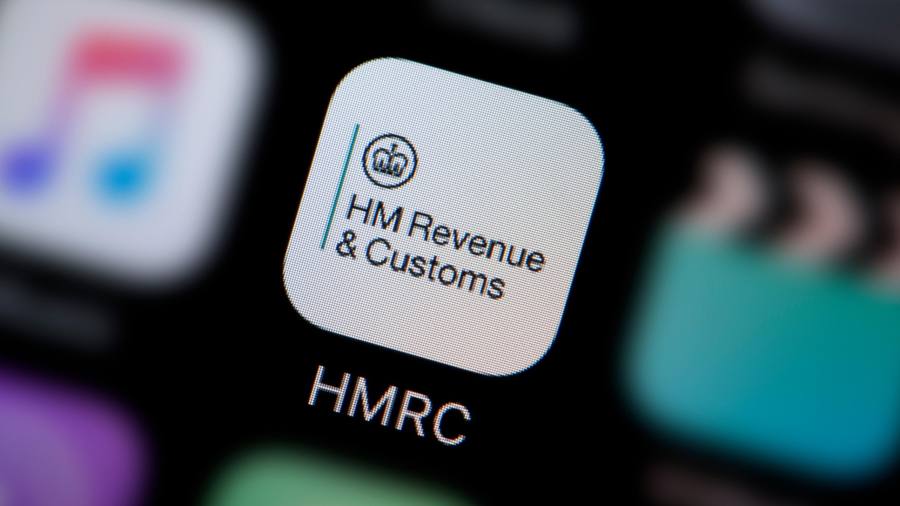
A big overhaul to how millions of self-employed people and landlords report income tax in the UK has been delayed for the third time following criticism that government IT systems had been poorly tested and taxpayers had little awareness of the reforms.
The Treasury announced on Monday that compulsory use of HM Revenue & Customs’s Making Tax Digital scheme for self-assessed income tax will be delayed by two years to April 2026. The scheme, which is designed to increase efficiency and cut fraud, was first announced in 2015 and will for the first time require quarterly, rather than annual reporting, of self-assessment tax returns through new software.
The government also changed the annual income threshold for MTD to £50,000 from April 2026, up from its initial proposal of £10,000, because of fears that the lower limit would impose too great a burden on small businesses. The threshold will be reduced to £30,000 from April 2027.
The Treasury said it would consult on the needs of businesses that will eventually fall under the £30,000 threshold to ensure that the digitalisation of income tax would meet their needs.
Alison Hobbs, chair of the digital strategy committee of professional bodies the Chartered Institute of Taxation and the Association of Taxation Technicians, said the delay “had to happen” owing to “incredibly limited testing” of MTD and the “significant problems still to be resolved”.
Earlier this year, a freedom of information request by the accountants Saffery Champness, showed that at one point just nine people were participating in the pilot for the scheme.
A survey of tax professionals carried out by CIOT and ATT earlier this month found that 97 per cent of tax agents were uncomfortable with the low level of taxpayer awareness of MTD. Only 36 per cent thought shifting from annual to quarterly reporting would be useful.
Caroline Miskin, senior technical manager at the Institute of Chartered Accountants in England and Wales, said that “fundamental changes to the policy and design of Making Tax Digital are needed”.
She said problems with MTD included the system’s inability to accept more than one agent for every taxpayer, inadequate provision for jointly held properties, and complicated procedures for taxpayers with non-tax year accounting periods.
Under HMRC’s original 2015 proposals, MTD was due to launch for income tax in April 2018, according to the ICAEW.
“Given the MTD project will be over 10 years late, there are serious questions over the future viability and whether it does serve the intended policy purpose, given how much the tax landscape has changed during that time,” said Nimesh Shah, chief executive of accounting firm Blick Rothenberg.
HMRC had planned to pilot MTD for corporation tax in 2024 and was scheduled to roll it out in 2026, but Paul Falvey, tax partner at business advisory firm BDO, said this may now “prove too big a risk” as it would coincide with the launch of MTD for income tax and would be “a lot of work for HMRC’s IT team to handle in one year”.
Tim Stovold, head of tax at accounting firm Moore Kingston Smith, said MTD is becoming “the Crossrail of tax reform”.
Jim Harra, HMRC’s chief executive and first permanent secretary, said: “HMRC remains committed to the delivery of Making Tax Digital as a critical part of our strategy for digitalising and modernising the tax system, but we want to make sure we get this right and deliver it effectively.”